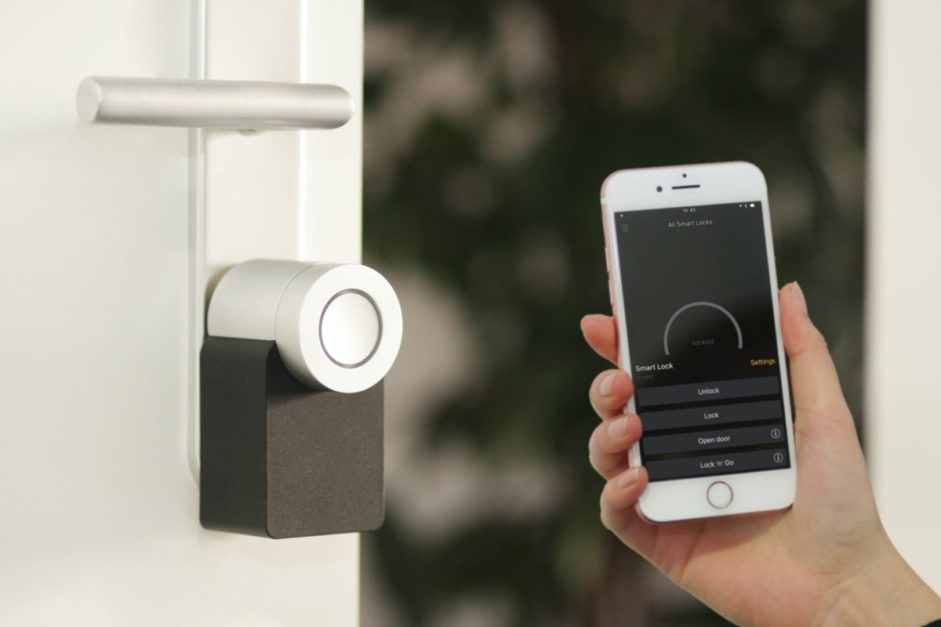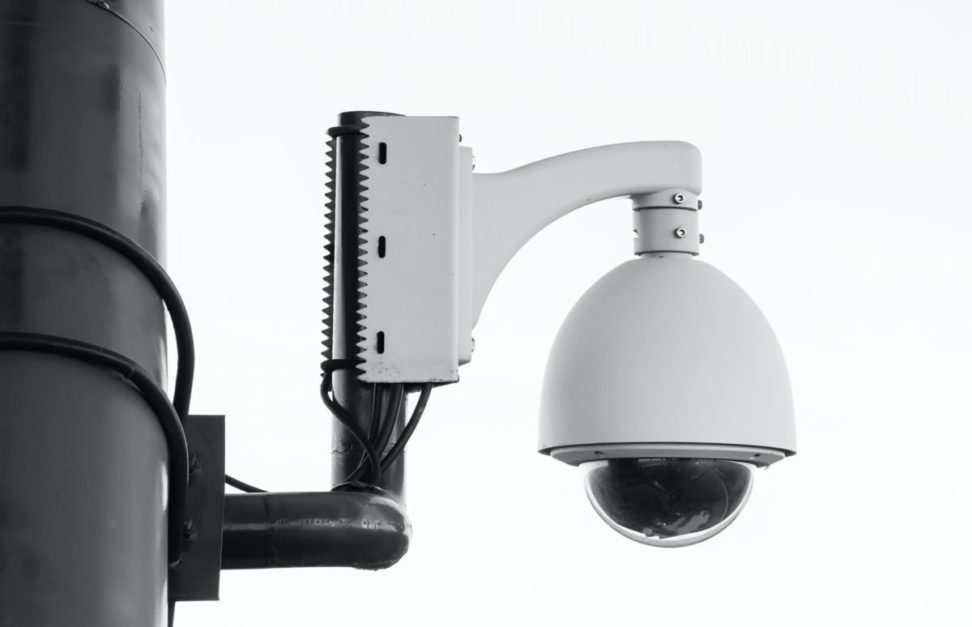With Inflation levels reaching record-breaking highs, neighbourhoods might experience increased crime levels, as the economic recession is directly linked to increased crime. It’s better to be prepared than to come home to a burgled house. Whether renting a house or owning it, it’s always a good idea to protect yourself with home security systems.
Security systems are an excellent deterrence and provide a great way of monitoring your house remotely. Many security systems on the market offer different features; some of these systems are DIY, while others require installation by authorised company reps.
Graana.com, Pakistan’s Smartest Property Portal, presents a comprehensive guide to home security systems and choosing the best one for your specific needs.
| Why Do You Need a Home Security System? |
| Types of Home Security Systems |
| Sensors and Components of a Basic Security System |
| Other Considerations |
Why Do You Need a Home Security System?
Home security has become a sort of basic need these days. It offers a wide variety of quality of life features that can help you save time and money. Aside from keeping your house safe from unwanted intruders, home security systems offer features such as the ability to turn off lights and set room temperatures and remote monitoring capabilities.
A home security system can protect high-value items in your home and your family from unwanted intruders. Motion sensors and other sensors alert the user to potential break-ins. Doorbell cameras can alert the user about any intruder entering the premises.
Remote Access To Your House
When homeowners are not at home, most home security systems enable them to watch what is happening in their homes through their phones. They can also operate thermostats, keyless door locks, and other smart home-enabled devices.
A Digital Babysitter
Purchasing a home security system will allow you to keep an eye on your children while they are at home alone.
For example, if you are at work, you may use the home automation system to remotely release the electronic door locks to allow your children in once they return from school. You can also talk to them and give them directions remotely, like heating the food and running a bath.
These systems allow you to monitor babysitters to ensure they are on their best behaviour and are not doing anything irresponsible.
Types of Home Security Systems
There are mainly two types of home security systems; professionally installed systems and DIY solutions. Both systems have pros and cons, meaning you should compare both to find one that better suits your needs.
Wireless DIY Solution

This type of solution consists of several wireless cameras and sensors linked through the cloud and allows you to manage your security system remotely. This does not require wiring and is relatively easy and cheap to set up. These systems do not have a professional monitoring them 24/7.
You can avail this kind of option on some brands on a need-based plan. If you plan on vacation, you can subscribe to this service to save money and ensure that someone is watching your house and can notify the authorities regarding an intrusion.
Professional Solutions

These solutions are professional solutions that are made by security companies and offer professional 24/7 monitoring that can actively interfere with intrusions and other possible scenarios.
The problem with these solutions is that they are expensive and require lengthy contracts that you need to sign. These solutions are also costly compared to DIY solutions.
Sensors and Components of a Basic Security System
Many separate sensors and additional components such as keypads and alarm sirens comprise home security systems.
Outlined below are some fundamental components of security systems.
Base Station
This is the security system’s brain, wirelessly connecting to all sensors and components and serving as a link between the individual components and the internet.
Contact Sensors
These sensors connect to doors and windows to inform you when they are opened or closed.
Motion Sensors
These sensors detect human movement and are ideal for spaces with several entrances or windows. Some are adjusted so that pets do not trigger them.
Keypad
Some systems need you to input access codes that activate and disable the alarm using a 10-digit keypad. Some systems merge the keypad and the base station into a single unit.
Touch Screen Control Panels
These might replace a keypad, similar to a mini tablet. You can activate and disable the system, input access codes, and operate other smart home devices from the panel.
Range Extenders
Most base stations have a few hundred feet of range. Some systems use extenders to enhance the wireless range of the base station and connect to more distant sensors in bigger houses. In some systems, wireless components (as well as range extenders) operate as signal repeaters, extending the base station’s range even further.
Other Considerations
Here are a few other considerations that you should look into when deciding on which system to buy.
What Do You Want to Monitor?
While all home security systems offer protection against intruders, think about if you want extra types of protection. By employing sensors, you may build a security system to notify fires, excessive levels of carbon monoxide, leaks, and extreme temperatures. Some systems include panic pendants that you may wear and use in case of personal harm. Some companies may charge you a higher monthly fee if you pay for expert monitoring.
Integrations of Smart Homes
Many home security systems now double as smart home hubs, enabling you to automate and manage linked locks, lights, thermostats, and other devices from a single app on your smartphone. Integrations might also be helpful if you have other smart devices.
When you lock and open a smart lock, specific systems may automatically activate and disable your alarm system. Others will automate your home’s lights to make it seem like you are there while you are not.
When is the Best Time to Buy a Security System?
The best time to acquire a new security system is during a sale, as most DIY systems are made of individual parts, and sales can help you save on the entire purchase.
Home security is quickly gaining popularity and becoming a must-have for security reasons and the accessibility that they offer. It is a good time to consider buying your security system. For more information on security companies in Pakistan and home security cameras, visit the Graana blog




